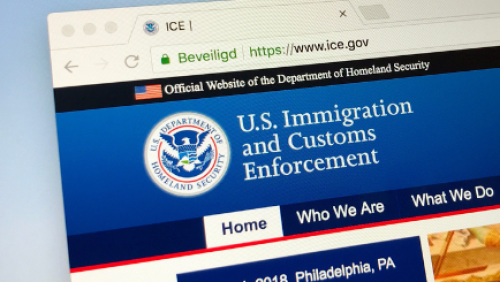This FOIA request seeks records related to U.S. Customs and Border Protection (CBP) practices and policies impacting migrants who have been transported from Texas, Arizona and Florida on buses and flights to other cities and states throughout the United States. Though much of the media coverage of busing and most recently, flights to Martha’s Vineyard, has highlighted the role of state officials in providing misleading information to migrants and orchestrating their relocation, federal immigration officials also have played a role.
CBP granted humanitarian parole to some of the individuals who were relocated and federal immigration agencies continue play a role in determining whether to extend these parole applications. Though CBP provides very basic instructions about applying for parole on its website, the criteria to extend humanitarian parole or grant “re-parole” is not publicly available or widely understood.
In addition, it is unclear how CBP determines the mailing addresses to include in immigration documents, including addresses for migrants who have no contacts in the United States and therefore lack a readily available address. The addresses listed by CBP for migrants flown from Martha’s Vineyard—including reporting, parole and release documents—were incorrect or nonexistent.
According to one of the lawyers representing the migrants, the Department of Homeland Security (DHS) listed addresses in the migrants’ paperwork that included “random homeless shelters all across the country.” Immigration agents listed these addresses even after the migrants informed the officials that they had no address in the United States. The documents required the migrants to check in with an ICE office nearest to these addresses or be removed from the United States.



